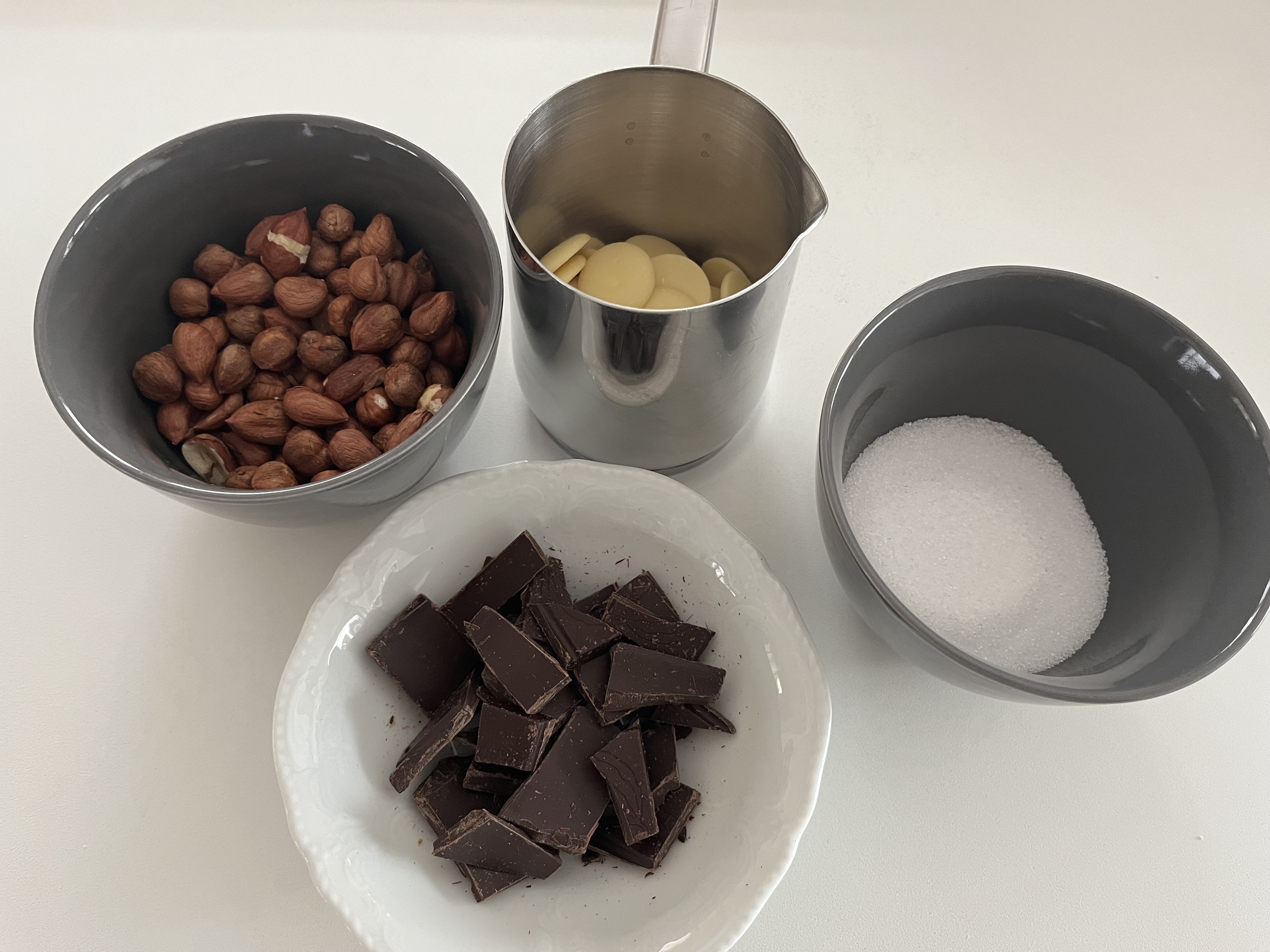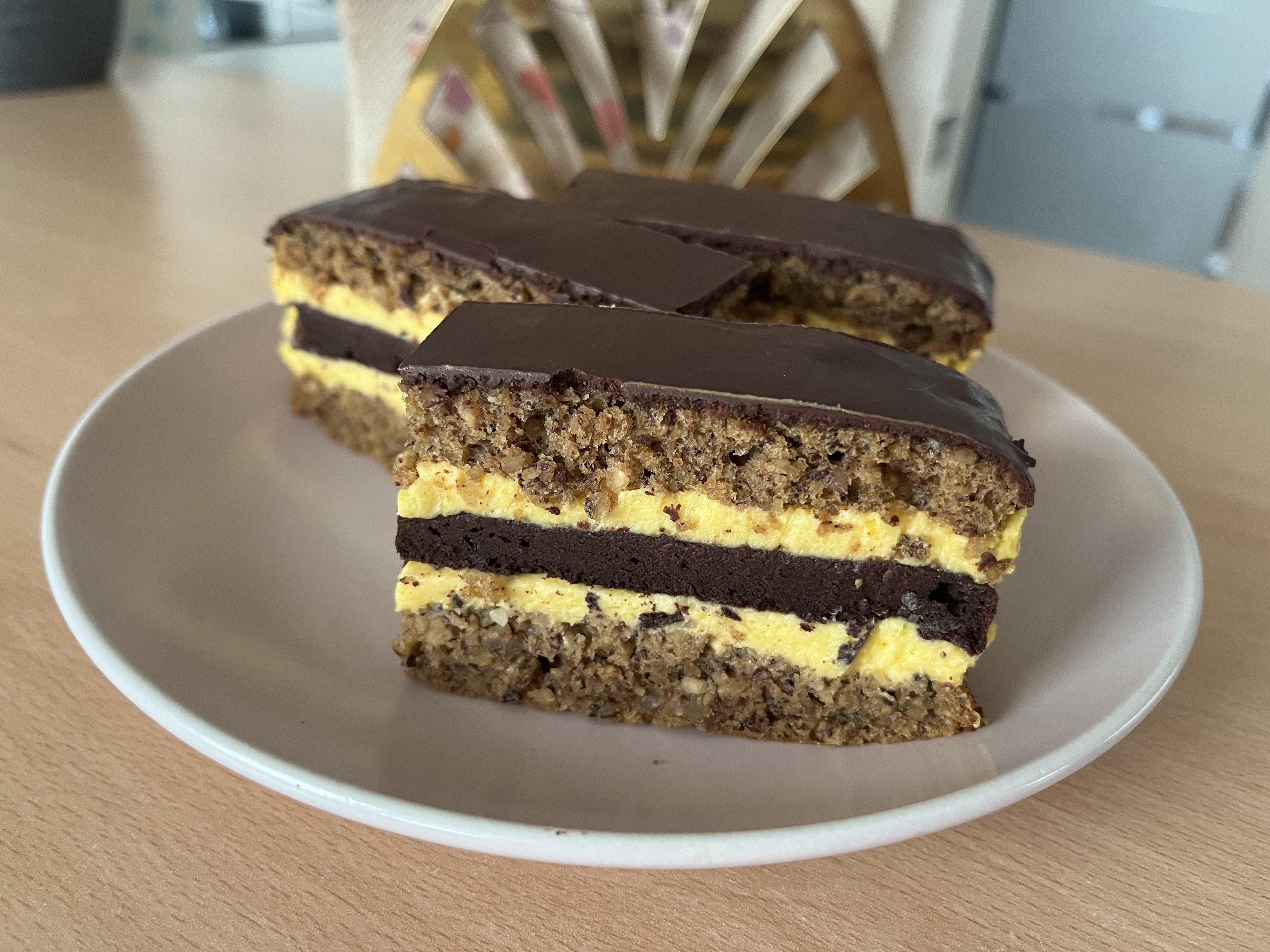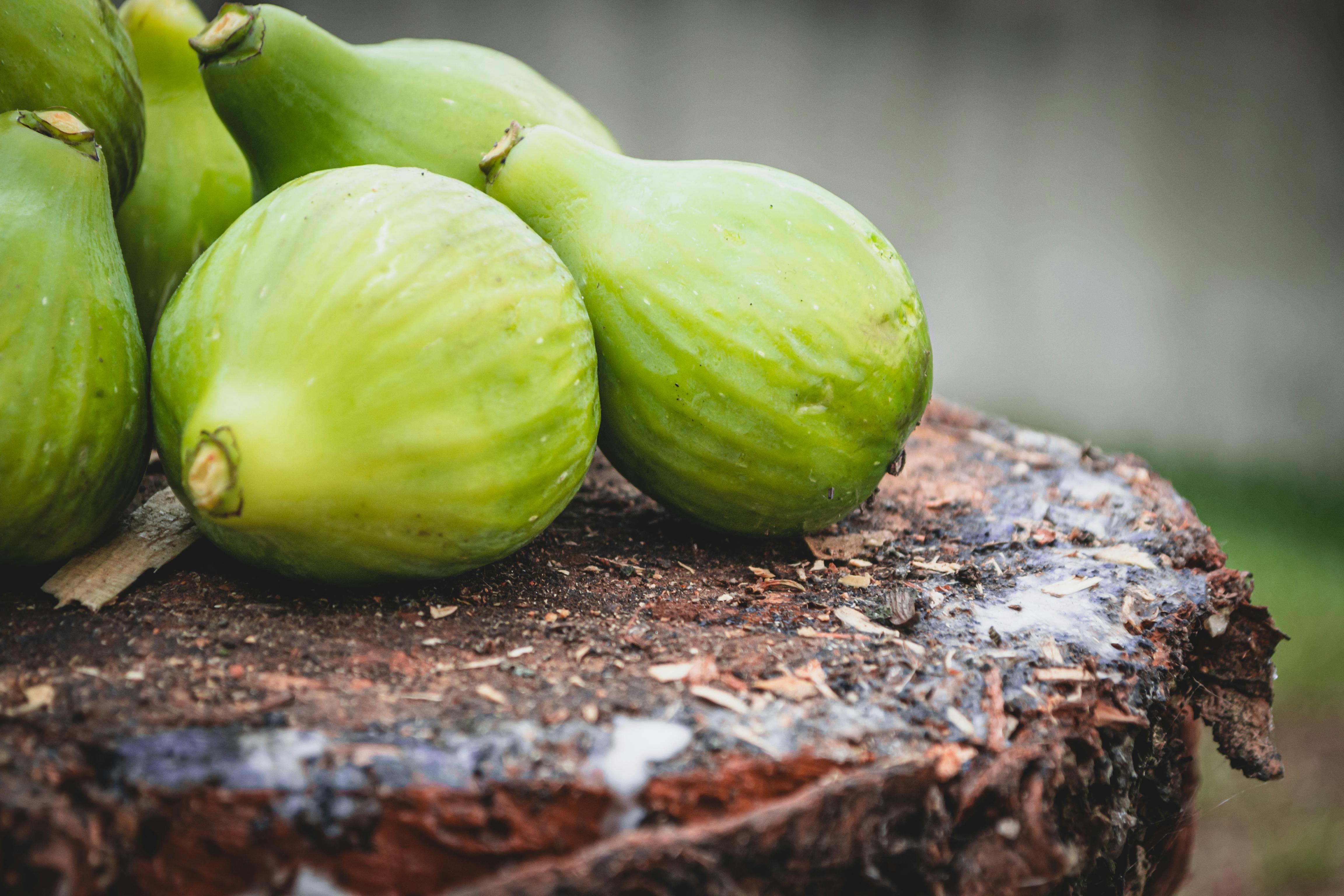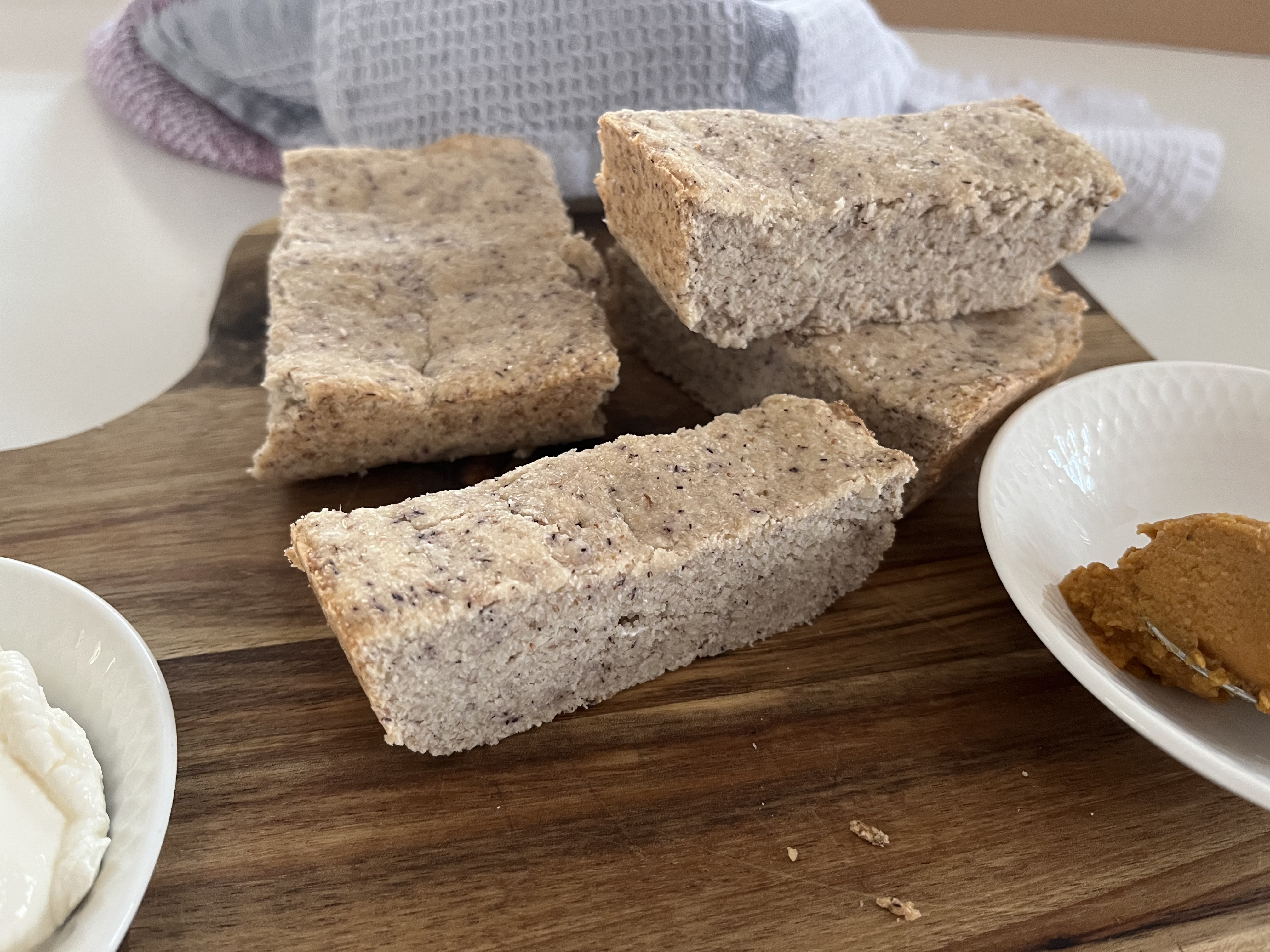 |
Nature’s Dessert Cookbook: Healthy, Delicious & Naturally Sweet Recipes Don’t want or can’t tolerate sugar alcohols and artificial sweeteners? This cookbook is for you! Every dessert is naturally sweetened with whole ingredients rich in fiber and protein, slowing sugar absorption and making them diabetic-friendly. It gathers your favorite recipes from the website—plus brand-new ones—all in one convenient place. Indulge in truly natural treats without compromise! |
 |
Diabetic Baked Goods: Everyday Bakes for Every Meal Diabetic cookbook designed to make healthy baking simple, accessible, and enjoyable. This collection of low-carb, high-fiber, and protein-rich recipes provides a reliable solution for those looking to enjoy diabetic bread and baked goods without blood sugar spikes. Every recipe includes a video tutorial, making it even easier to follow along and bake with confidence! |
 |
What Makes This Cookbook Different?
|
Cocoa Butter: Unlocking the Magic in Your Desserts
Cocoa butter is often overlooked ingredient that can greatly enhance the quality of diabetic-friendly desserts. As a mother with a diabetic son, I've found it to be incredibly beneficial due to its rich, healthy fats and low impact on blood sugar levels. This makes cocoa butter an excellent choice for those wanting to indulge without compromising their health.
Cocoa Butter's Nutrition
One of the key benefits of cocoa butter is its high content of healthy, monounsaturated fats. These fats can help maintain good cholesterol levels while providing a long-lasting source of energy, which is particularly advantageous for individuals managing diabetes. Unlike trans fats or saturated fats, which can negatively affect heart health, the fats in cocoa butter are considered beneficial.
Additionally, cocoa butter contains antioxidants, particularly polyphenols, which can help reduce inflammation and improve overall health—but only when combined with cocoa powder.1 By adding cocoa powder to cocoa butter, you significantly increase the polyphenol content, as cocoa butter alone is not particularly rich in these compounds. These antioxidants are beneficial for everyone, but they are especially important for those with diabetes, who are often at higher risk of heart disease and other inflammatory conditions.

Cocoa Butter Fits Perfectly in Desserts
Beyond its nutritional profile, cocoa butter also brings a delightful texture and subtle flavor to desserts. Its melt-in-your-mouth quality can transform an ordinary recipe into something truly indulgent. The creamy texture of cocoa butter is a game-changer, making your diabetic-friendly desserts both luxurious and satisfying. That difference you can literally taste.
When creating diabetic-friendly desserts, it's essential to find sweeteners and base ingredients that do not spike blood sugar levels. Cocoa butter fits this requirement perfectly. Because cocoa butter itself contains no sugars or carbohydrates, it does not contribute to blood glucose spikes, making it a safe ingredient for diabetic recipes.
While cocoa butter itself is diabetic-friendly, the overall nutritional content of your dessert will depend on the other ingredients you include. Ensure that you choose low-glycemic sweeteners and high-fiber components to balance the overall impact on blood sugar levels.
The Long Shelf Life of Cocoa Butter
Another benefit of cocoa butter is its stability. It has a high melting point and long shelf life, meaning you can store it for long periods without worrying about it spoiling.
The storage of cocoa butter is relatively straightforward. Keep it in a cool, dark place, and it will last for months, if not longer. This makes it a convenient ingredient for sporadic baking sessions without worrying about it going rancid.
Cocoa butter is a reliable ingredient to keep on hand for your baking needs, particularly when you're looking for healthier fat alternatives.
Cocoa Butter Shines in Its Versatility

In my kitchen I always have cocoa butter because there are so many creative ways to use it. This flexibility allows you to experiment with countless cocoa butter recipes that cater to diabetic needs.
I use it in creams to enhance their chocolate flavor, and it also acts as a thickener when the melted cocoa butter solidifies in the mixture. Cocoa butter works well in cakes too, giving them a unique, rich flavor and a melt-in-your-mouth texture.
In cakes, as in creams, the solidified cocoa butter helps create a firmer structure once cooled. This allows for thinner batters, which means the cakes require less flour, sweeteners, and other dry ingredients.
Additionally, try to incorporate cocoa butter into your diabetic-friendly desserts by using it as a base for chocolate. By combining it with cocoa powder (as we saw, it will significantly increase the polyphenol content) and a sweetener like stevia, you can create a decadent chocolate that's safe for diabetics. This homemade chocolate can be used in a variety of cocoa butter recipes (e.g. chocolate chip cookies).
If you use homemade chocolate in liquid form as a thin topping for the cream layers that coat the cake crust, you'll create a delightful crunchy surprise in your cake.
Cocoa butter can also be a fantastic ingredient in vegetarian and vegan desserts. Since it's plant-based, it fits well within vegetarian and vegan dietary restrictions, allowing you to create inclusive, health-conscious desserts for a wider range of people.
Caution Points to Consider
While cocoa butter has many benefits, it's essential to use it in moderation. Despite its healthy fats, cocoa butter is calorically dense, and overconsumption can lead to weight gain. Aim to balance cocoa butter with other nutrient-rich, low-calorie ingredients in your desserts.
It's also crucial to ensure the quality of your cocoa butter. Look for products labeled as "food-grade" or "edible" to ensure you're getting a pure, high-quality ingredient. This ensures that you're reaping all the nutritional benefits while avoiding any harmful additives.
The bottom line is that cocoa butter is a versatile, nutritious, and delicious ingredient that can significantly improve the quality of diabetic-friendly desserts. Its rich texture and subtle flavor make it an excellent substitute for less healthy fats, while its low impact on blood sugar levels ensures it fits well into a diabetic diet. Cocoa butter's numerous benefits can help you create delicious and health-conscious treats.







